2/15
How does local recycling and composting infrastructure impact the eco-friendliness of your plant-based products?
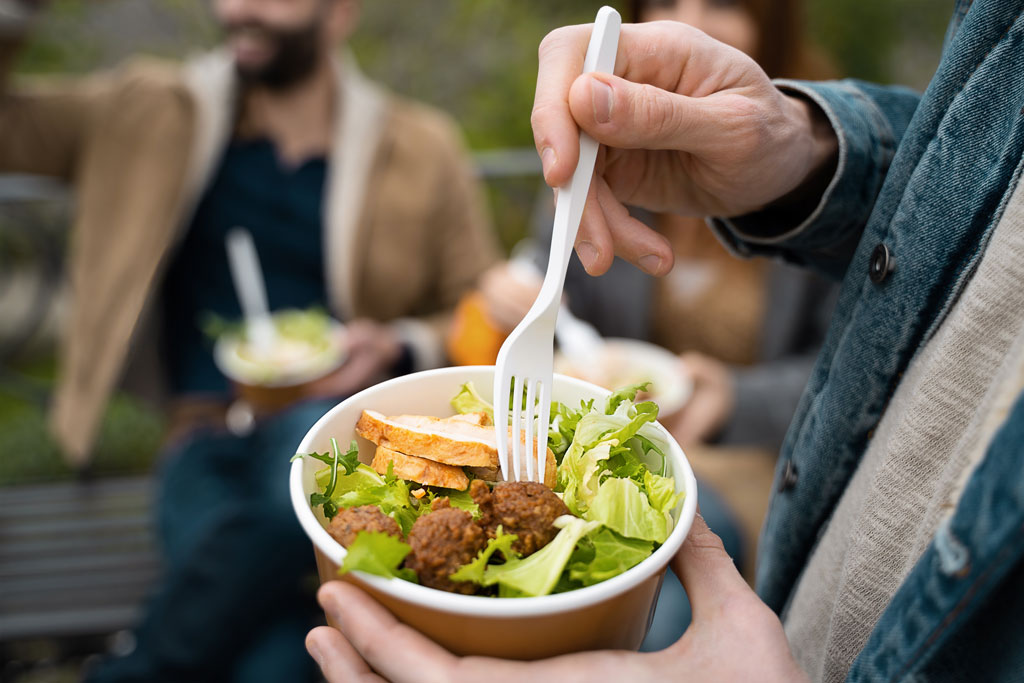
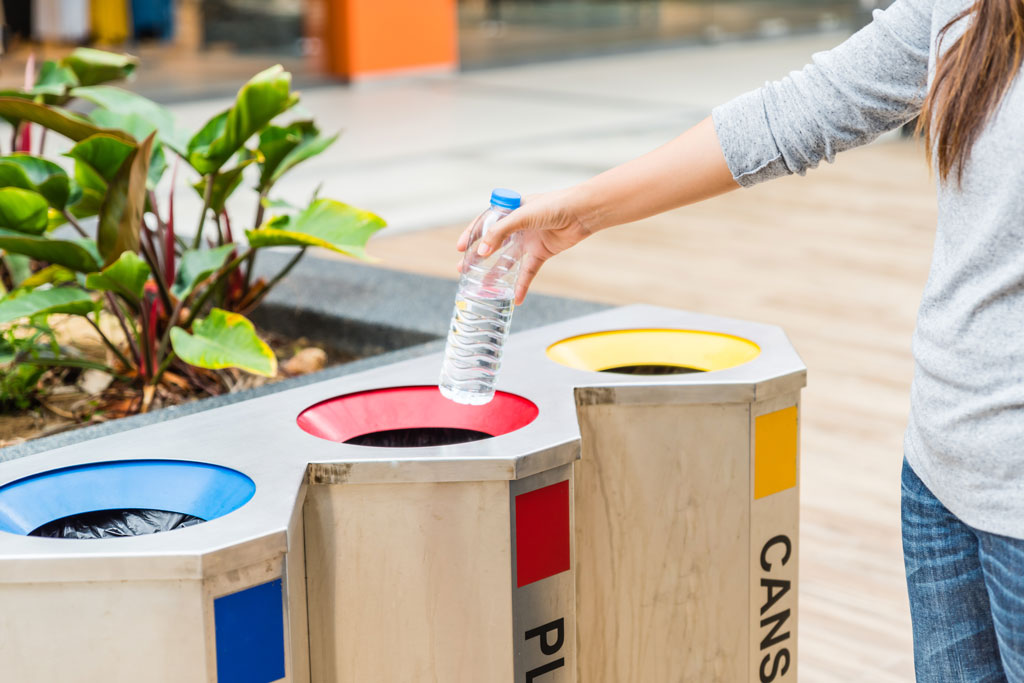
Picture this: it’s Saturday afternoon and you’re going out to eat at a new restaurant known for being eco-friendly. Not only is the food grown sustainably, but the restaurant boasts food service ware products that don’t have to be sent to the methane-producing landfill nearby. You order your meal and drink. When you receive it, you notice the products aren’t made from petroleum-based plastics, but rather materials created from plants instead. Your salad container, fork, knife, and cup are made of certified compostable bioplastics and your water bottle is made in part from recyclable bioplastics. After you finish, you place the container, cup, and cutlery in the compostable receptacle and your bottle in the other for recyclables. You head out for the rest of your day feeling good about how you contributed to a circular economy by utilizing plant-based products and keeping trash out of landfills.
Our Solid Waste Problem
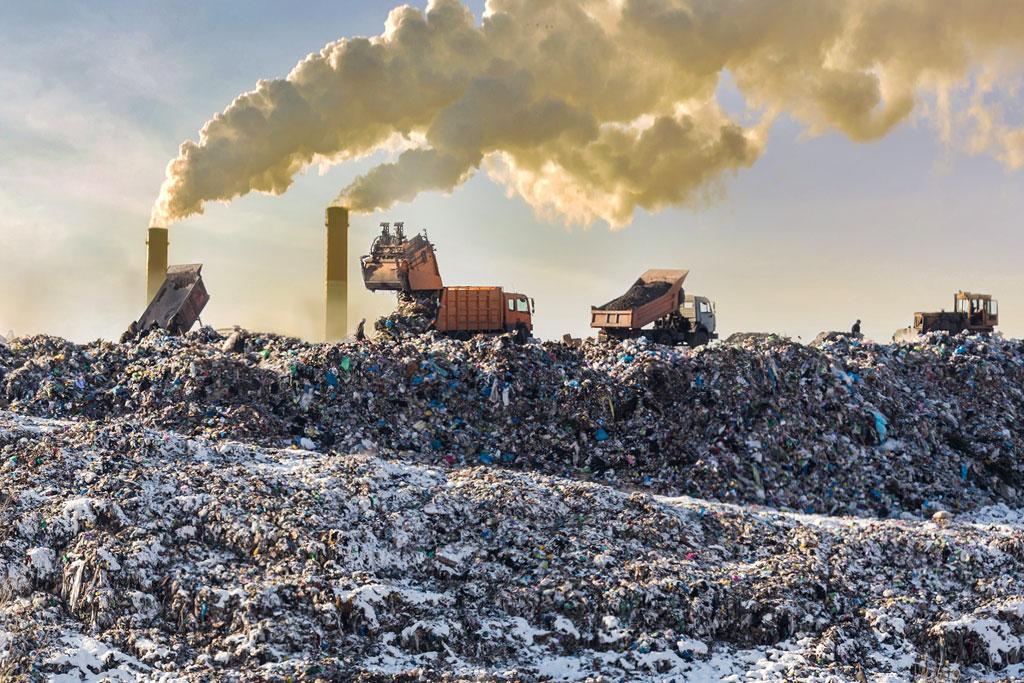
Nearly 70% of U.S. Solid Waste Ends Up in Landfills
But what happens to those products after you leave? While some restaurants are capable of delivering these products to composting and recycling facilities, the sad reality is that most cannot. Our country’s waste management system is simply not properly set up to handle the volume of recyclable and compostable products that exist. According to the U.S. Environmental Protection Agency (EPA), over 292 million tons of municipal solid waste was generated by Americans in 2018. Of this amount, only 94 million tons were recycled or composted.
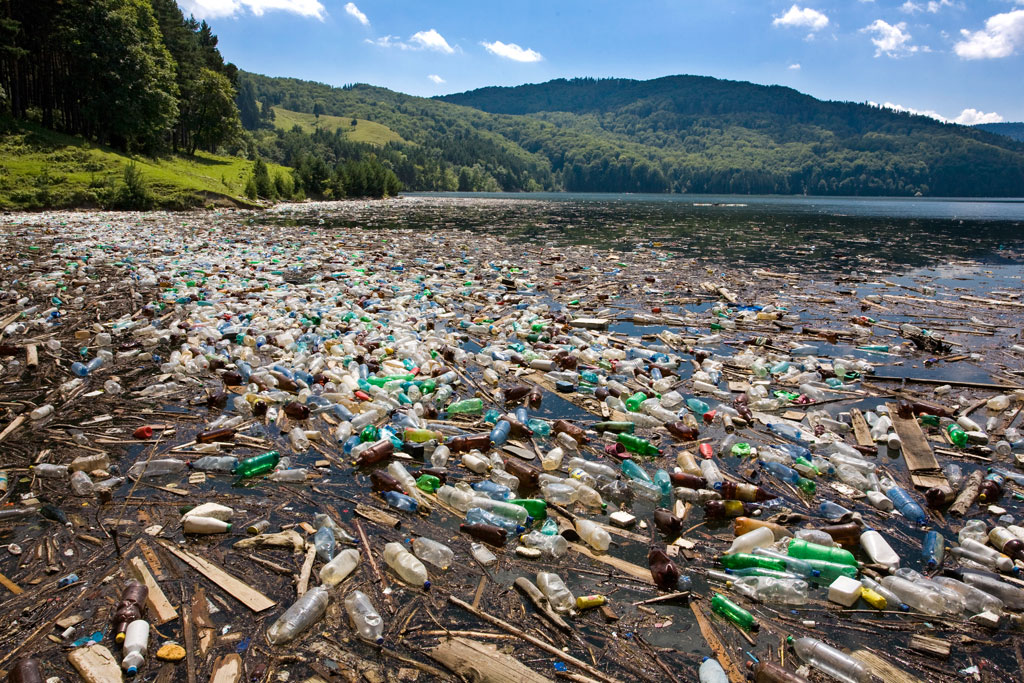
Over 380 Million Tons of Plastic Used Worldwide Annually and ONLY about 8% Recycled
The world uses a lot of plastic – over 380 million tons a year. The good news is innovation and research has paved the way for plastics to be made from renewable sources like corn starch, instead of fossil fuels like petroleum. Some plant-based plastics, like some traditional plastics, are recyclable and help reduce the burden on landfills. Unfortunately, we’re nowhere near taking advantage of this opportunity. Only around 8% of plastic is actually recycled.
We Need More Composting Opportunities
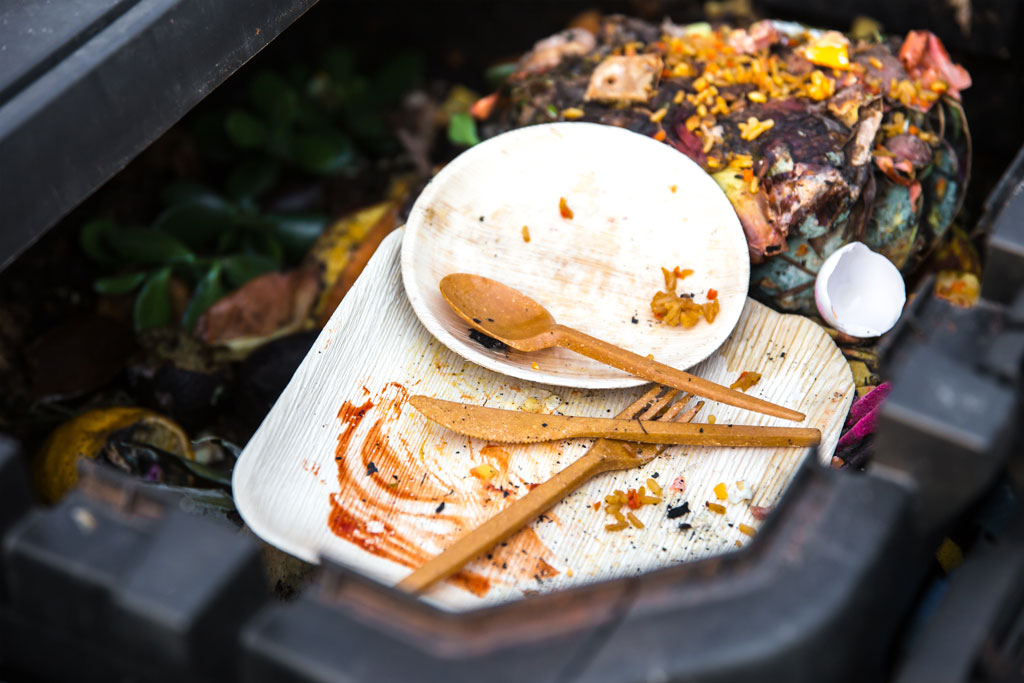
Composting presents an even bigger challenge. Currently, more than 80% of Americans do not have access to composting programs that accept food waste or packaging. That presents a serious gap in end-of-life options, especially as more and more compostable, plant-based products come to market. In fact, the EPA estimates that over 40% of all municipal solid waste is compostable – meaning we’re missing out on a serious opportunity to divert waste from our landfills and turn it into nutrient-rich compost instead. Some policymakers understand the need for increased composting infrastructure and have introduced legislation to support it, but the reality is real, systemic change is needed to make an impact on our waste management systems.
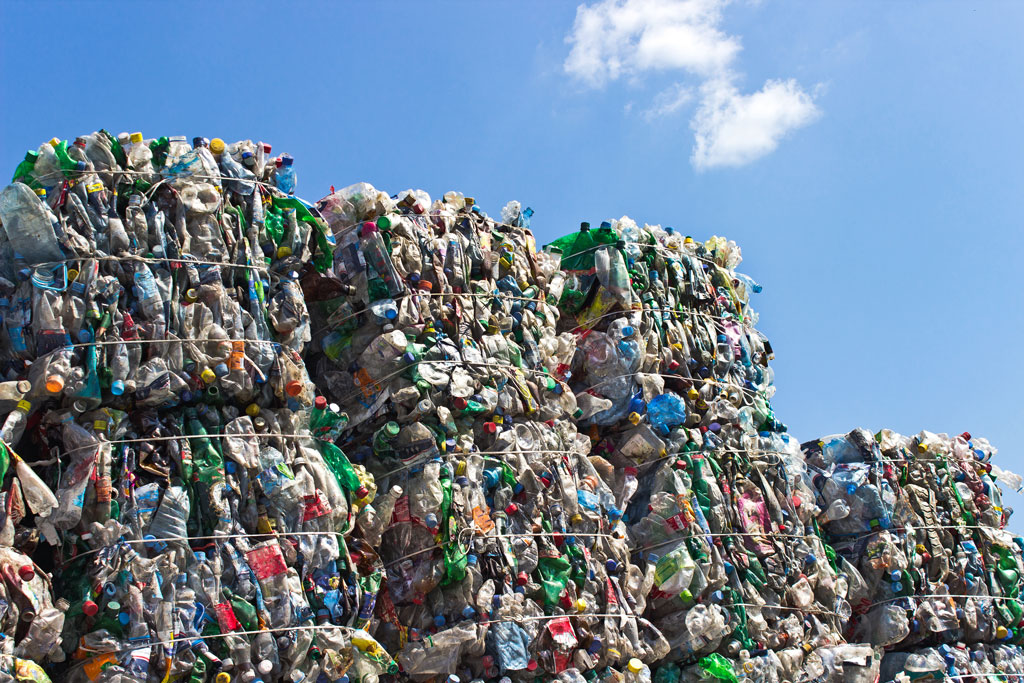
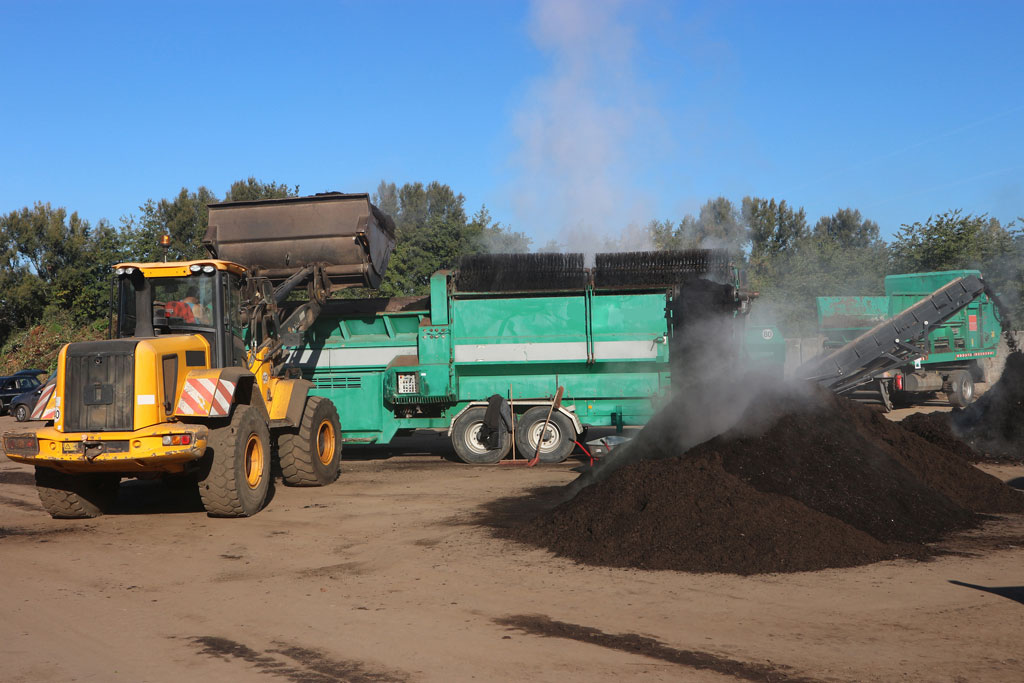
Plant Based Products Do Help the Environment
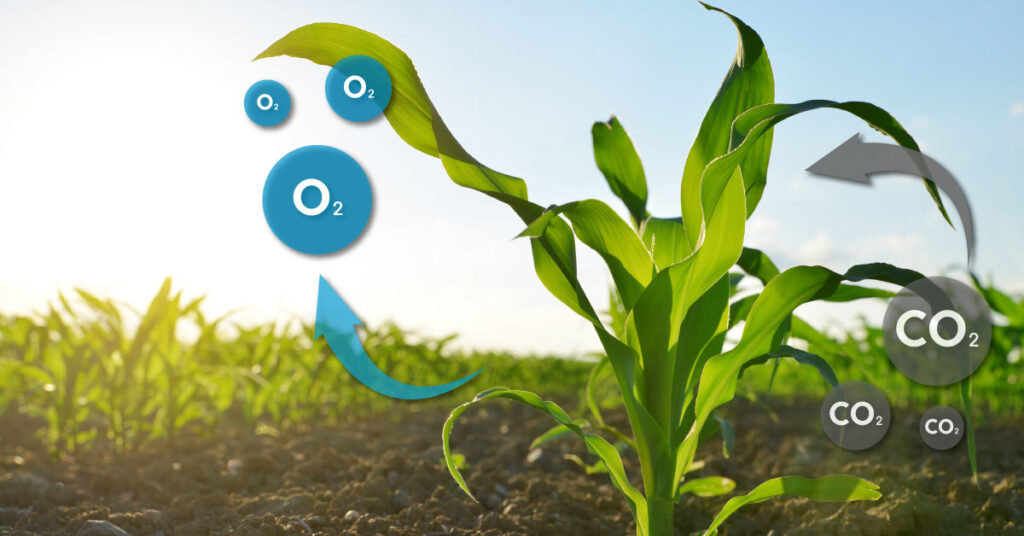
While we can’t realize all the environmental benefits of plant-based products without expanded composting and recycling infrastructure, it’s still important to remember that using products like the ones mentioned above still offer a host of eco-friendly benefits. These products are unique because they help the environment at all stages of their production cycle. When feedstocks used in products are grown, they use carbon dioxide already present in the atmosphere, unlike traditional plastics, which use carbon buried deep beneath the ground and found in fossil fuels. As these feedstocks turn into consumer products, they sequester some of that carbon dioxide in their materials during their useful lifespan. Taking another look at plastics underscores the changes that are possible — if two-thirds of conventional plastics around the globe were replaced by plant-based alternatives, the reduction of emissions would be equivalent to the annual energy use of over 80 million homes.
Expanding our country’s compost and recycling infrastructure offers the final link in a system designed to reduce the amount of waste in our landfills, and organizations like PBPC advocate for responsible innovative waste management solutions to advance that goal every day. In the meantime, using and enjoying plant-based products whenever possible still brings us one step closer to a greener, more circular future.
